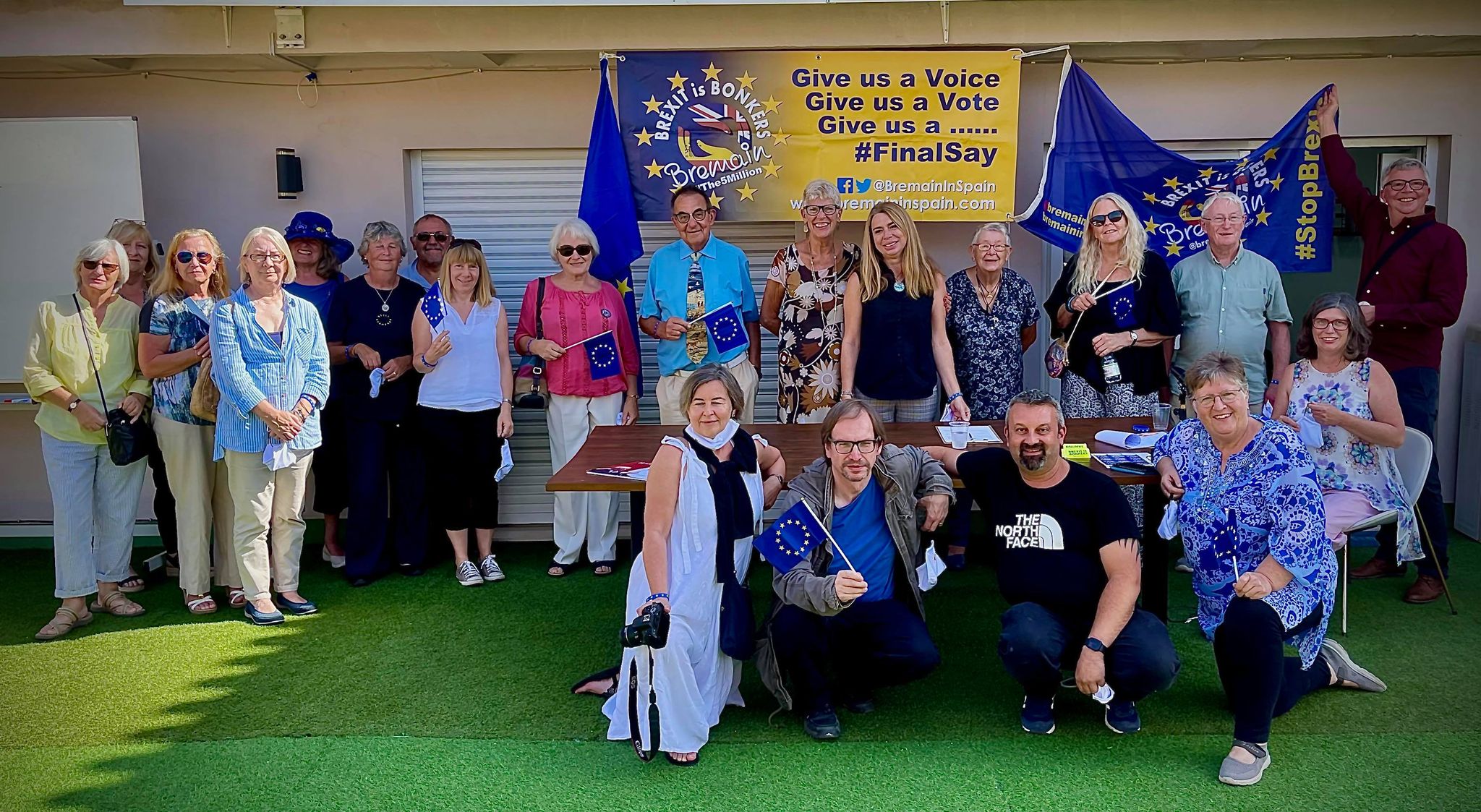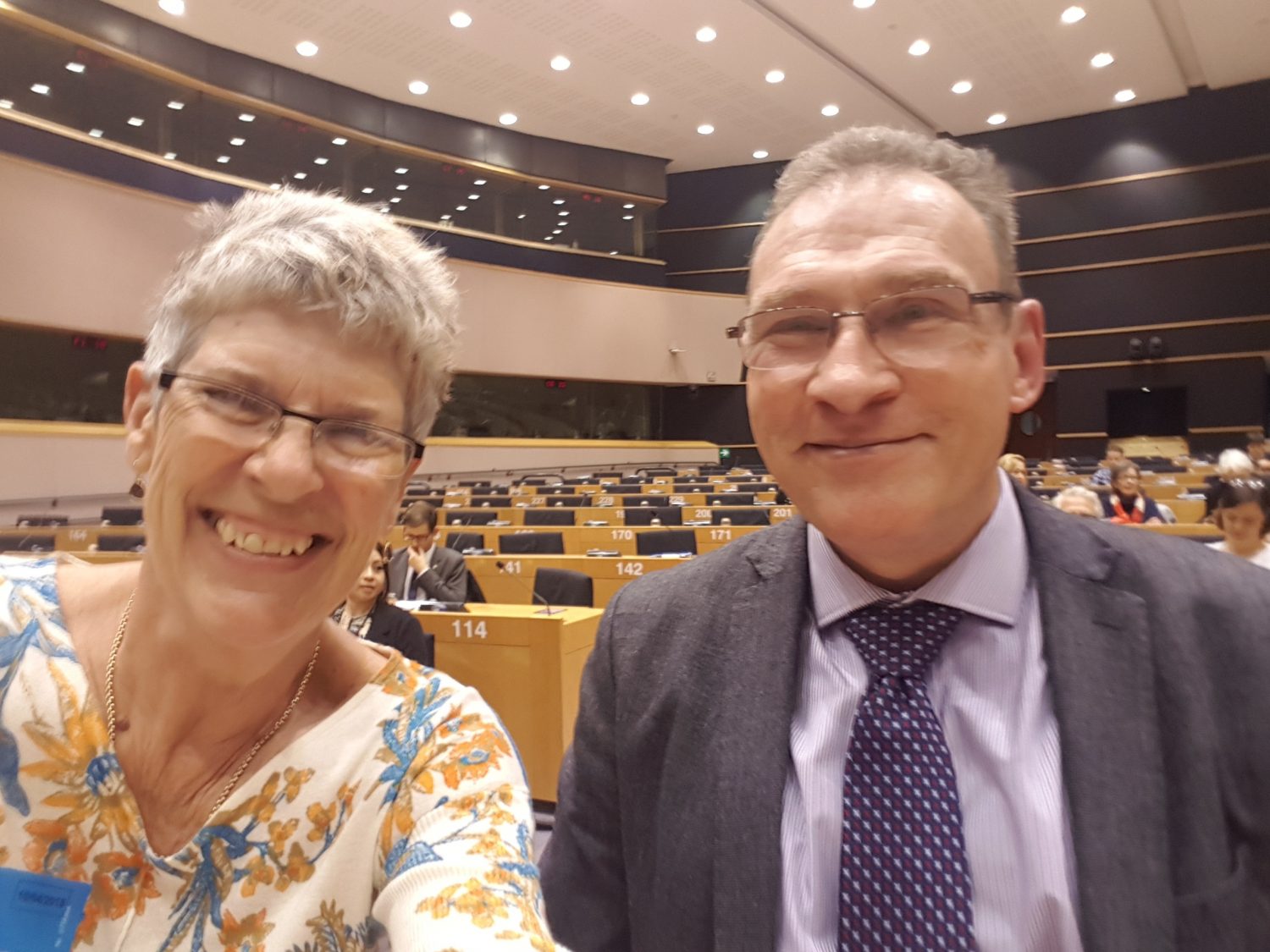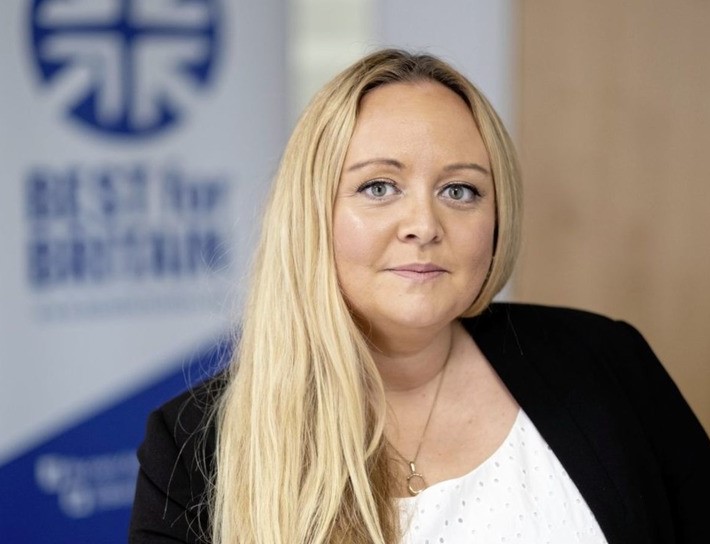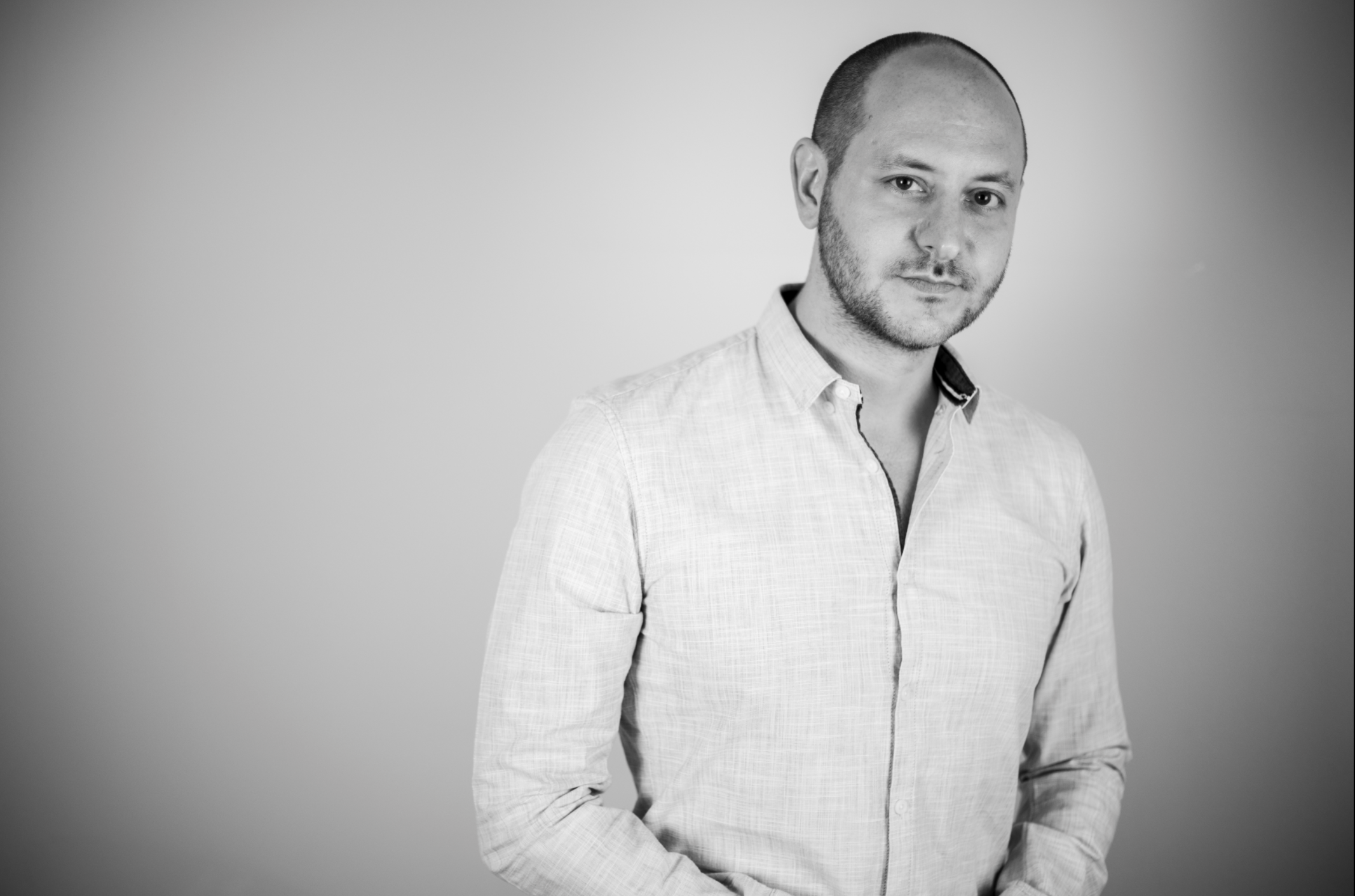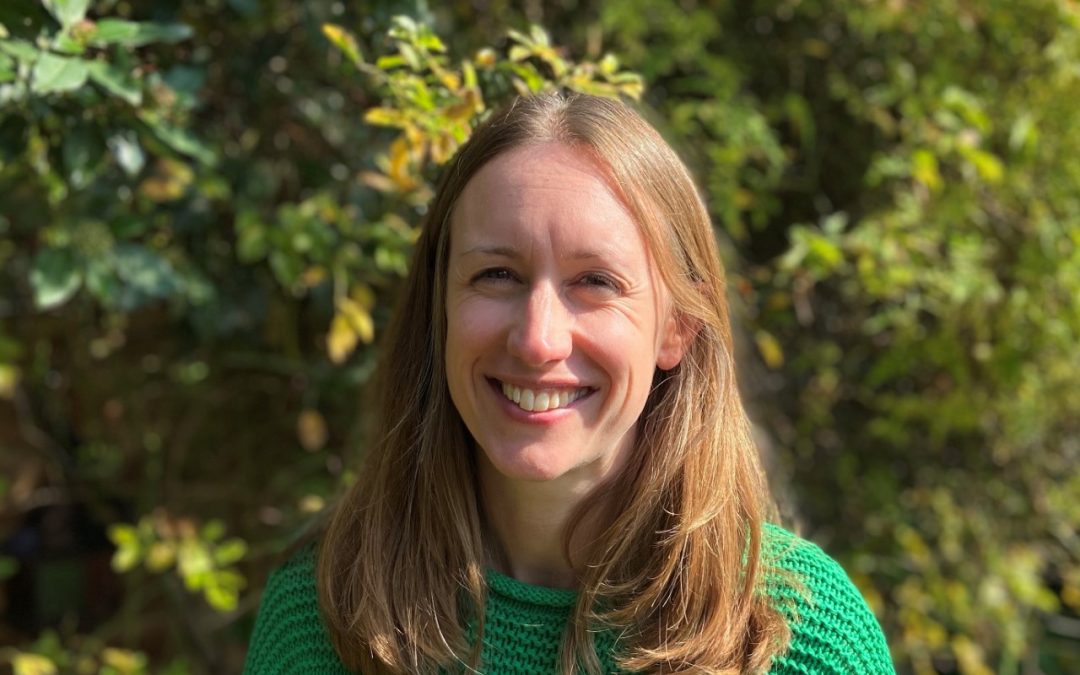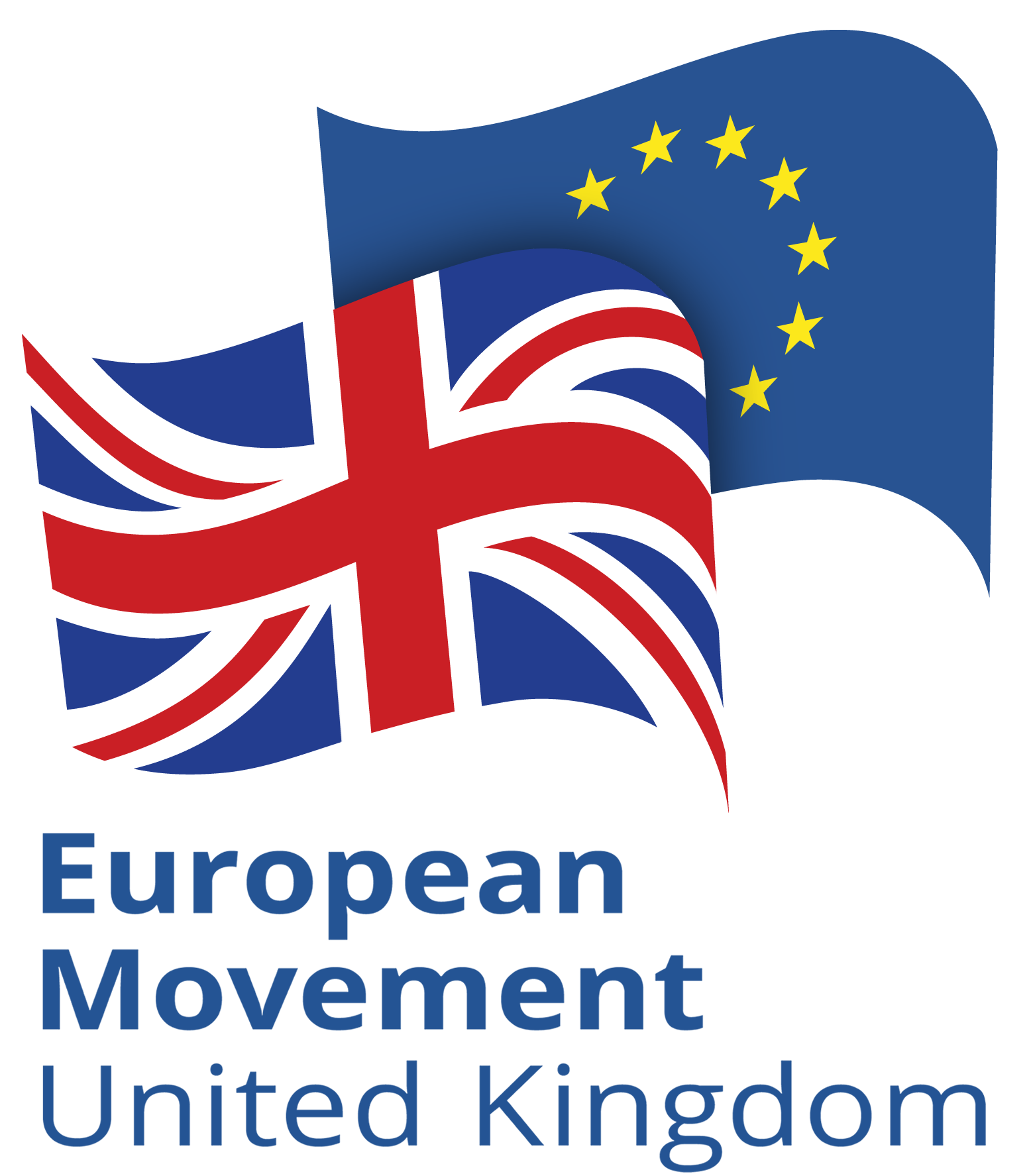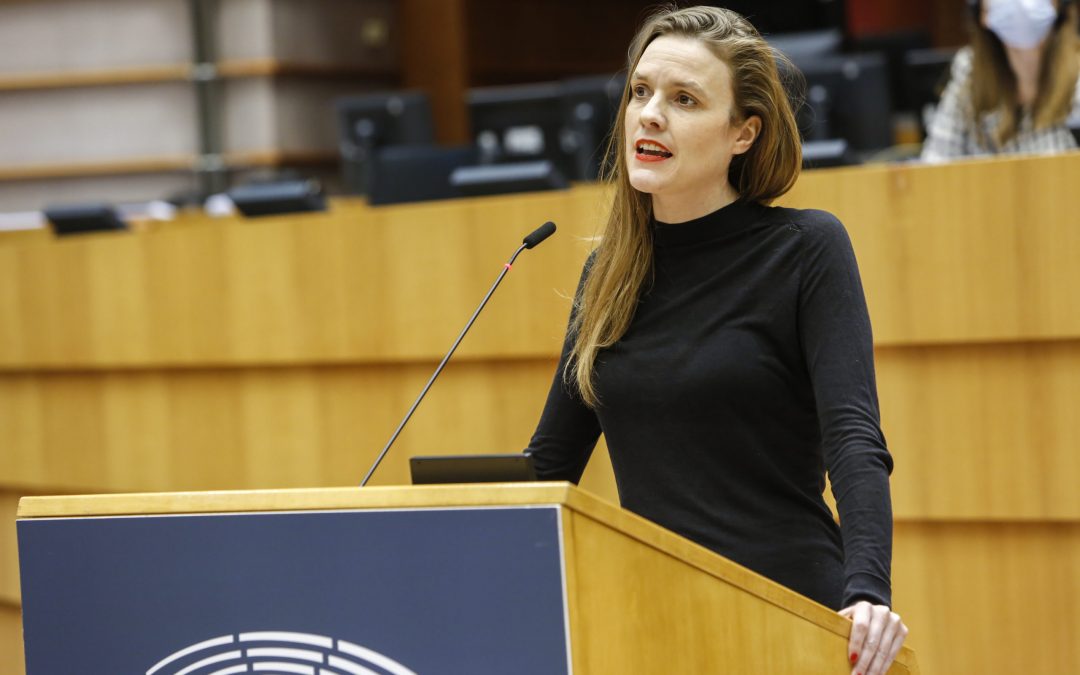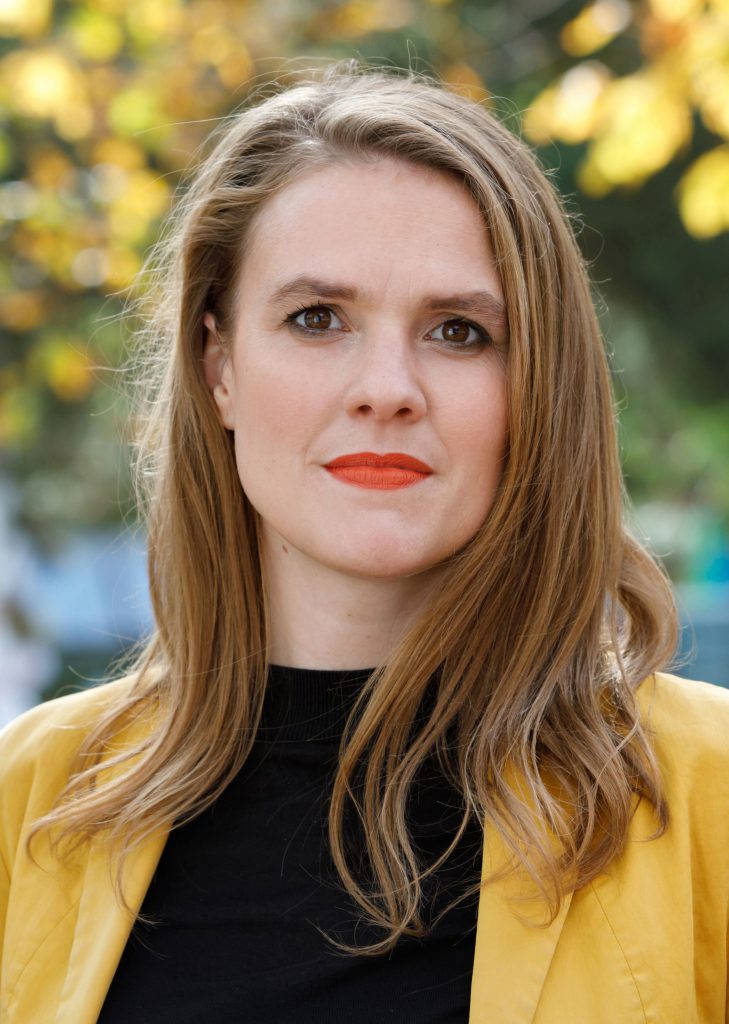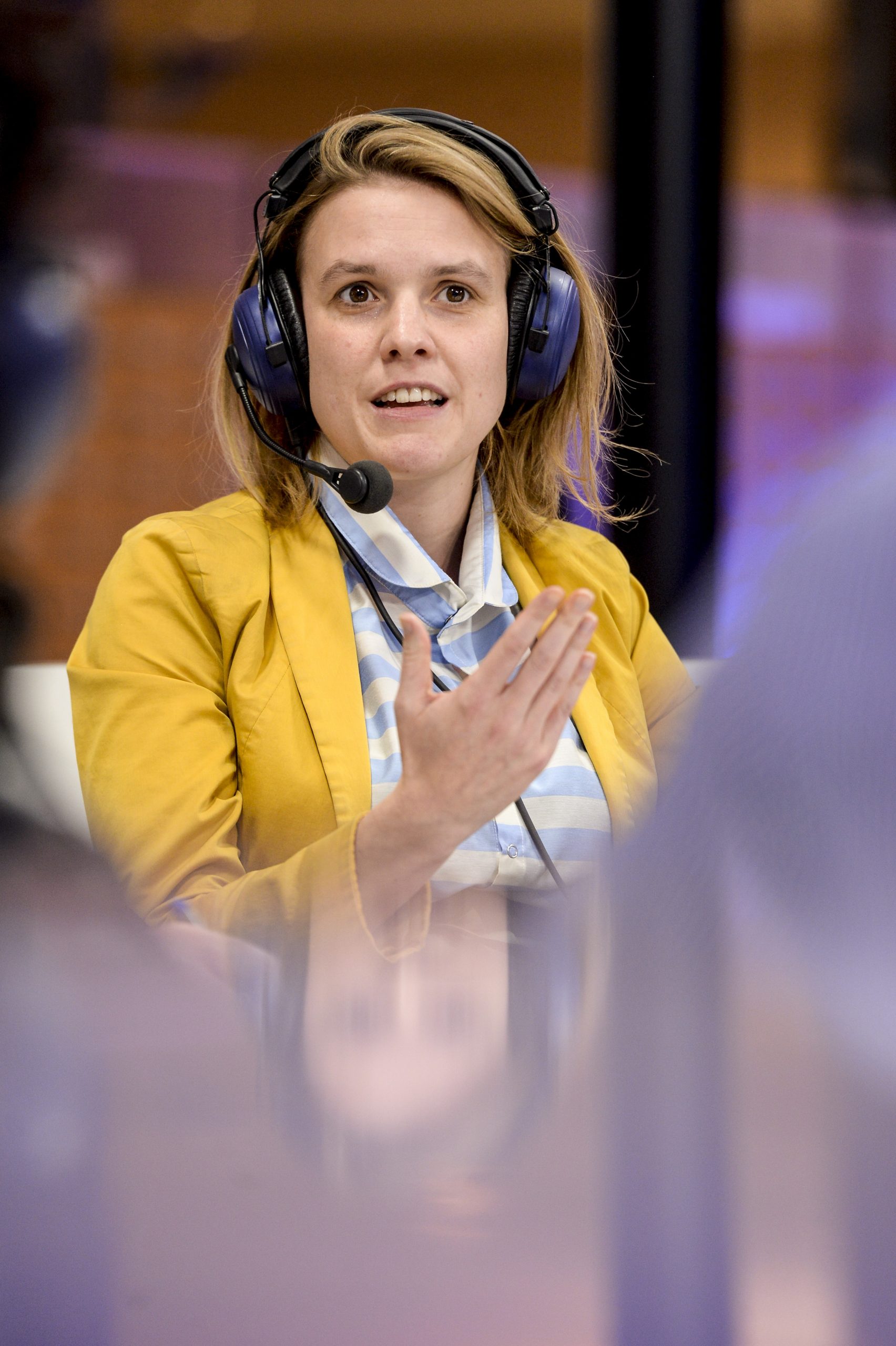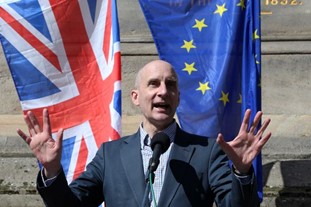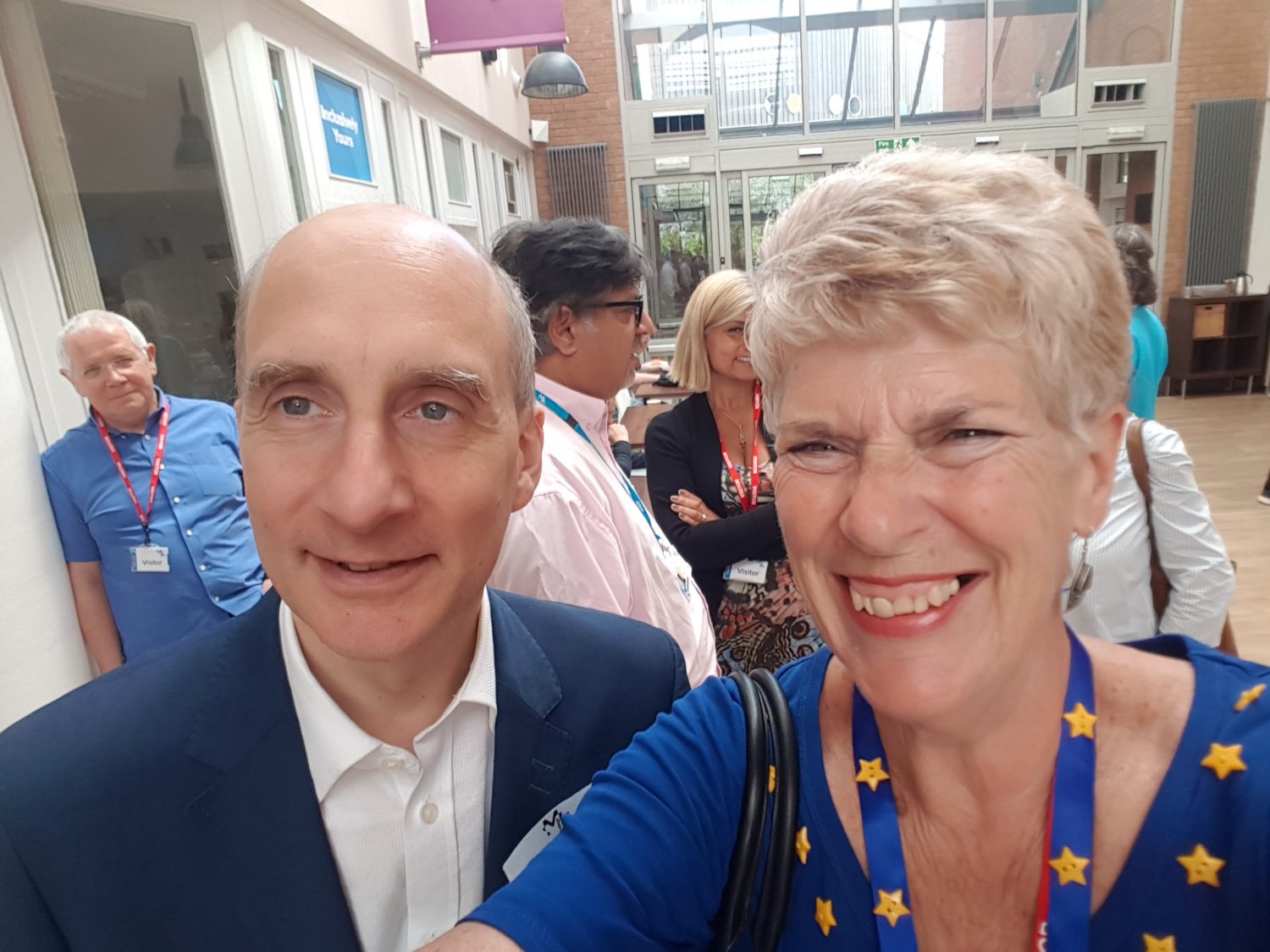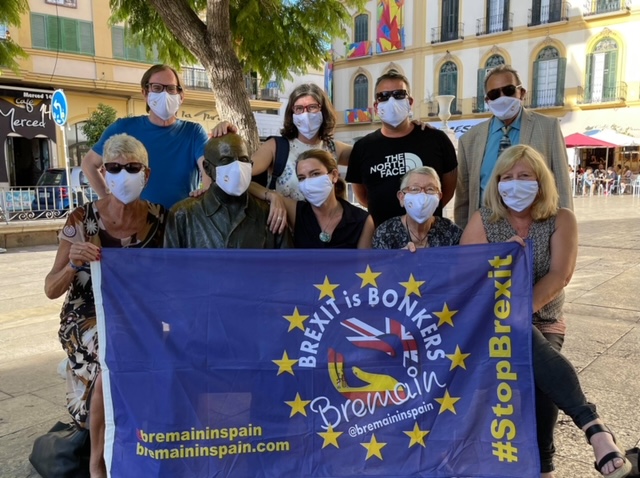
Bremainers Ask ……. Bremain in Spain Council
Our Bremainers Ask this month is a little different, as it’s a combination of questions asked in the Facebook group, and the Q & A session from our AGM.
Steve Harding: If there were another referendum or the winning party at the next UK elections stance was to rejoin the EEC and subsequent negotiations went well, what would be the realistic timescales for this?
That’s a bit of a “how long is a piece of string” question. The truth is, we simply don’t know at this stage. It would depend on the extent of any new government’s commitment to closer ties, and we suspect, to which party wins. Should a new government’s idea of what constitutes rejoining include unrealistic aims, e.g. any efforts to cherry-pick, then any manifesto promise of closer ties might not be all it appears to be. In any case, the most urgent action needed in order to further our goals of rejoining the EU completely, will definitely require getting rid of the current government. Only then, will we be able to see the wood for the trees.
Angie Scarr: Is there any interest in supporting the particular difficulties of 1950s expat women who have lost their pensions?
We have every sympathy with WASPI women – in fact we have many members who are affected, including three members of this council. However, when we asked our members recently what they would like us to concentrate our efforts on, this topic was not raised. Rather, the vast majority of our members wanted us to go back to our roots and concentrate our efforts on Brexit – holding the government to account, calling out the lies and broken promises, and longer-term – campaigning to rejoin. We will, of course, continue to support and promote any WASPI activity on Twitter (where the topics we cover and support are more wide ranging), and on a personal level.
Michael Soffe: Would the Bremain Council consider throwing its weight behind a pro-European party such as Volt or the one about to be formed by Gina Miller?
As a not-for-profit Spanish registered association, we are not able to affiliate ourselves with any particular political party, even if our goals were completely aligned. What we can do, however, is to promote specific campaign activity for any suitable parties and share and promote those campaigns. For example, pre-Brexit, we regularly shared memes and proposals from anti-Brexit parties like the LibDems. We will continue to promote the activities of any existing or new party that shares our aims and values, both in the UK and in Europe.
Ruth Woodhouse: How can we as a group be more proactive?
That’s an excellent question, and one we’d like to know the answer to ourselves! At the AGM, we spoke of the difficulties we always have in engaging enough support from our membership. We have now expanded our council, which gives us more bandwidth, but there is only so much we can do ourselves without the help and support of more volunteers. At our next council meeting, we will discuss further the idea of putting together guidelines to explain how members can get involved, whether that be with the lobby group, on social media or in other ways. Any suggestions on how we twist a few more arms for support are always welcome!
The biggest issue raised and discussed at our AGM was Bremain’s ongoing coverage of Covid-related news in our Facebook group. We thank both Ruth Woodhouse and Michael Soffe for raising this issue, and to everyone for their input. You can see the result of this discussion in a separate, dedicated article.

